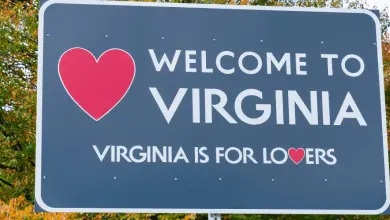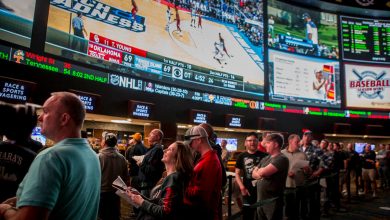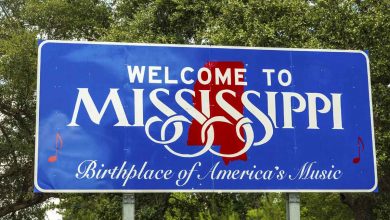Sports Betting in California?

Legalized sports betting has been discussed in the California legislature for nearly two years now. With all the work New Jersey was doing in the court system, it was difficult for any state legislature to ignore, especially one as large and influential as California. Then, early on in 2016, Assemblyman Adam Gray (D-Merced), the chair of the Assembly’s Governmental Organizational Committee which would oversee gambling in the state California, introduced AB 1573, which would create a framework for offering legal sports betting.
The bill was completely middling in terms of state regulation. Simply put, the service providers would license with a stakeholder to provide services. However, for many reasons, including the federal sports betting ban at the time, the bill did not get far, never even past a reading, and there wasn’t any sort of informational hearing on the matter either. Undeterred, Assemblyman Gray returned in 2017 with ACA 18, which shot big as it would amend the California Constitution to allow their legislature to regulate sports betting. This also went nowhere, however, his actions did keep the issue fresh in the minds of the state house as well as the voters.
Generally, with regards to gaming expansion in California, you need the electorate to approve a ballot proposal first, then the legislature would write and approve regulations for it. There may or may not be a suggestion here that lawmakers thought it initially wouldn’t need voter approval to promulgate sports betting regulations. Now that the sports gambling is essentially legal and there is a window where no federal oversight is needed, California may be wise to send it to the voters the next time they can as they seem to have missed an opportunity during the last election cycle.
With that brief history in mind, there is a group calling themselves “Californians For Sports Betting” and they’ve announced they will be trying to get an initiative on the 2020 ballot which would repeal the law approved by the electorate in 2000. The first ballot proposal sought to strike down Article IV, Sec 19 (e) of the California Constitution. However, this creates its own set of problems. For instance, the tribes will definitely demand a say in the matter as they have plenty at stake when it comes to gambling, as everyone knows. There’s a fear among both some tribes and some California cardroom operators that the new sportsbooks could take over the entire gaming industry.
Rewrite the Ballot Measure
The initiative was rewritten a couple of months later and left Art IV, Sec 19 (e) unchanged. However, it did restrict the governor from negotiating with the tribes who want to conduct off-reservation gaming and directly authorized the legislature to regulate sports betting, in the same manner proposed by Gray’s 2016 AB 1573. This means the current version of the initiative looks more like it was written by a party with some insight as to how legal sports gambling would work in California. Expect some version of the previous ACA 18 or AB 1573, or perhaps both, to appear shortly after the legislature reconvenes in the new year as similar changes can and will be made.
Where’s the Money?
The biggest hurdle in all of this legal mumbo-jumbo is a rather unnecessary battle as to who gets to run the show. Of course, the tribes originally tried to play their gambling monopoly card, but then quickly realized that the horse tracks are just too strong and popular in California to be excluded. So they did the next best thing and enlisted them in an alliance. The lotto will have a say as well as the many card rooms available throughout the state. And this is a big state, California is the fifth largest economy in the world so when we say it’s a big state, we mean much more than acreage or population. They are many interested parties, to say the least.
Moreover, it’s not a good look to say you’re against sports betting, as some tribes and tribal advocates have stated, when you’re not only remodeling your unprofitable off-track-betting facility, you’re advertising the reopening of it as well. In fairness, tribal interests aren’t necessarily aligned on this issue, depending on the tribe. As we are probably going to see, there’s going to be something here for everyone who’s invested in this to date. Here is where the state can really make a difference and go at it alone.
The biggest problem may be that there are at least two other major entities who operate gaming businesses with substantial California political power. However, they really don’t understand either gaming nor the casino business, so missteps are to be expected. Other states have run into similar problems. Some have overcome them such as West Virginia, while other states, such as New York, continue the uphill battle. Considering the size and scope of California, it may be a long road.





